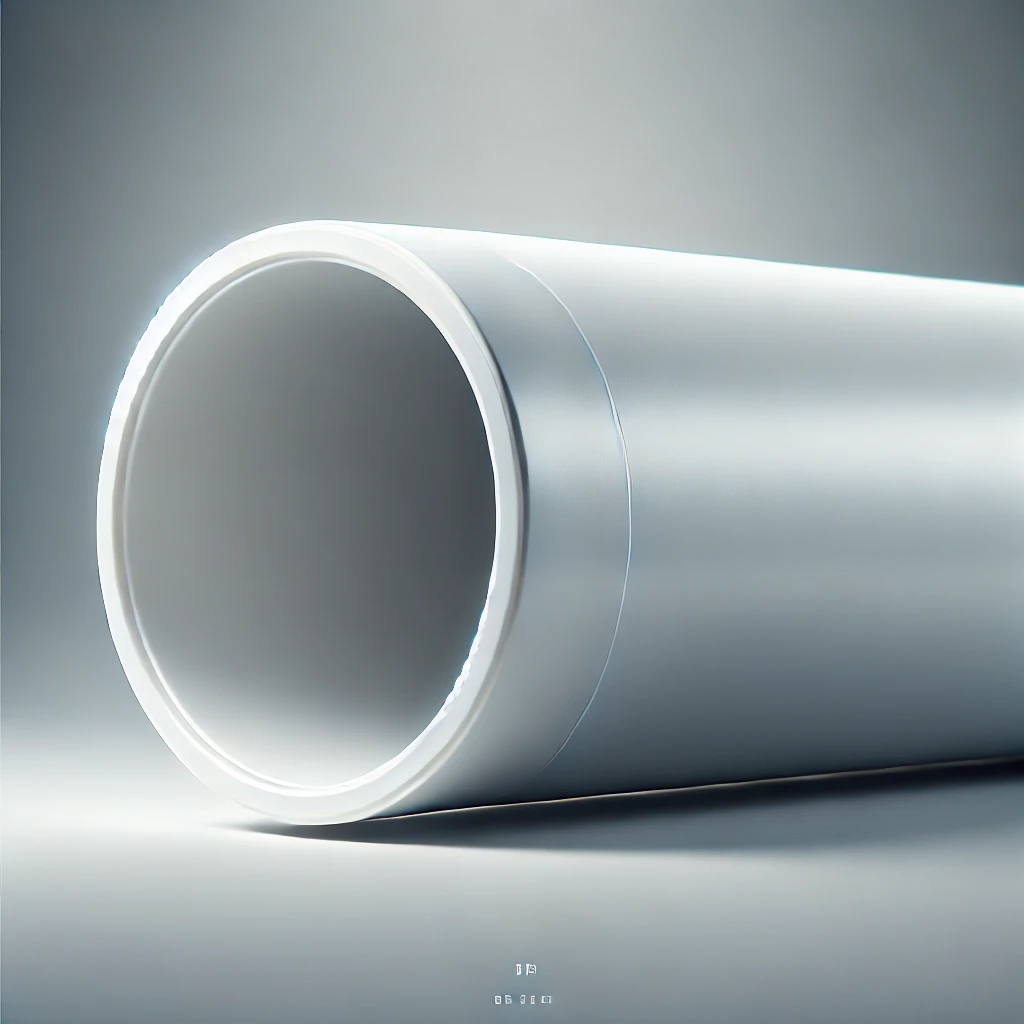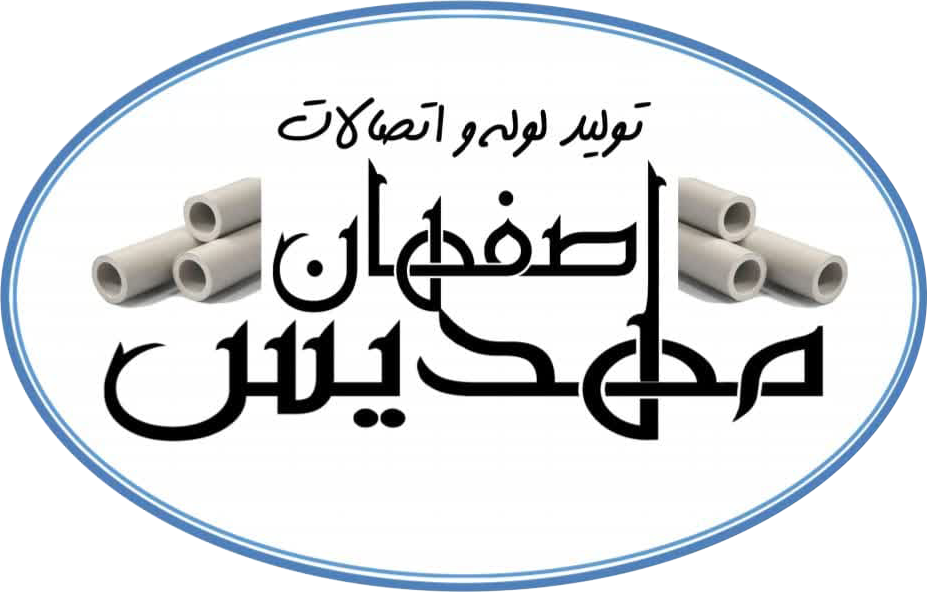
What is a Single-Layer Pipe? A Complete Introduction to Polypropylene Pipes (PP)
Single-layer pipes, also known as polypropylene pipes, PP pipes, or white pipes, are among the most widely used and popular types of pipes in various industries. These pipes are made from a durable plastic material called polypropylene and are used in many water supply and piping systems due to their unique properties. In this article, we will provide a comprehensive review of single-layer pipes, their features, and benefits.
What is a Single-Layer Pipe (Polypropylene Pipe)?
Single-layer pipes are made from polypropylene (PP) and are widely used in various piping and fluid transport systems due to their high resistance and unique properties. These pipes are typically white in color and come in different sizes, with smooth and polished surfaces, making them ideal for water transportation and other fluids in water supply networks.
Features of Single-Layer Pipes (Polypropylene Pipes)
- Long Lifespan
One of the most important features of single-layer pipes is their long lifespan. When properly maintained, these pipes can last over 50 years. This makes polypropylene pipes a cost-effective and durable choice for water supply networks. - Resistance to Various Temperatures
Single-layer pipes perform well within a temperature range of -21°C to +95°C. This characteristic allows these pipes to be used in various environmental conditions. - Prevention of Algae Growth and Sedimentation
One of the significant advantages of polypropylene pipes is that they prevent sedimentation and algae growth inside the pipes. This feature not only extends the lifespan of the pipes but also improves the quality of the water transported through them. - Chemical Resistance
Single-layer pipes exhibit high resistance to various chemicals. This makes polypropylene pipes a suitable choice for industries such as chemicals, pharmaceuticals, and food processing. - Resistance to Corrosion and Rust
Due to their unique material, these pipes have high resistance to corrosion and rust. Therefore, they can be used in water supply systems in humid areas or different environmental conditions. - Easy Installation and Transport
Single-layer pipes are easier to transport and install compared to other pipes. Their light weight and high flexibility make them easy to use in various projects. - Environmental Compatibility
Polypropylene pipes are highly environmentally friendly. They are completely hygienic and do not cause any pollution to the surrounding environment during use. - Smooth Internal Surface
Single-layer pipes have a smooth and polished inner surface, which minimizes friction and improves the flow of fluids through the pipes, thus reducing energy consumption. - High Flexibility
These pipes are highly flexible due to their unique material and design, making them suitable for installation in various spaces with diverse conditions.
Applications of Single-Layer Pipes
Due to their unique features, single-layer pipes are used in many industries and projects. Some of the main applications include:
- Water Supply and Piping Systems
Single-layer pipes are commonly used in urban and rural water supply networks for transporting water and other fluids. - Chemical Fluid Transport
Due to their high chemical resistance, these pipes are used in the chemical, pharmaceutical, and food industries. - Heating and Cooling Systems
Polypropylene pipes are suitable for heating systems, underfloor heating, and cooling systems due to their resistance to both high and low temperatures. - Gas and Fluid Transport in Various Industries
These pipes are used in the oil and gas industries for transporting gases and liquids, thanks to their resistance to corrosion and decay.
Benefits of Using Single-Layer Pipes
Single-layer pipes offer several advantages over other types of pipes, the most important of which include:
- Lower Maintenance Costs
With their long lifespan and resistance to corrosion, single-layer pipes require less maintenance, reducing long-term maintenance costs. - Easy Installation and Execution
Due to their light weight and high flexibility, these pipes are easy to install. Additionally, their connections are simple to make. - Higher Efficiency
Thanks to their smooth inner surface, fluids can flow easily without additional friction, which increases the overall efficiency of the system.
Conclusion
Single-layer pipes (polypropylene pipes) are considered one of the best options for use in water supply networks and piping systems. With features such as long lifespan, resistance to various temperatures, prevention of sedimentation and algae growth, and environmental compatibility, these pipes are an excellent choice for various projects. Choosing polypropylene pipes can improve the quality of your water supply and piping systems.
